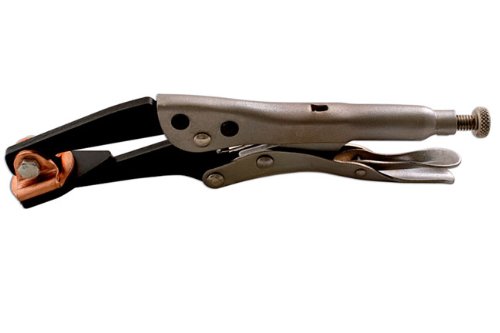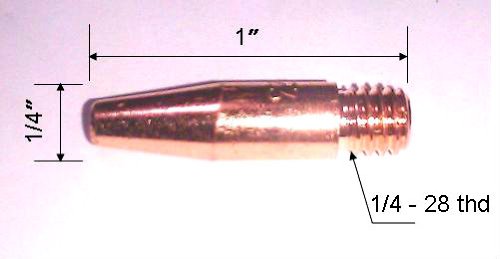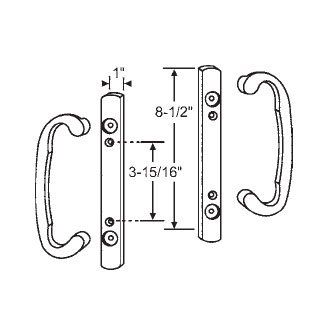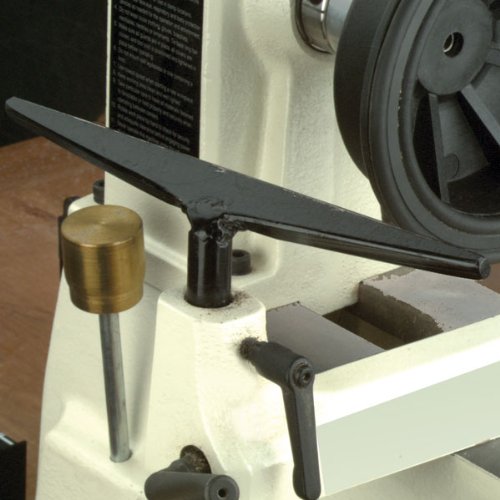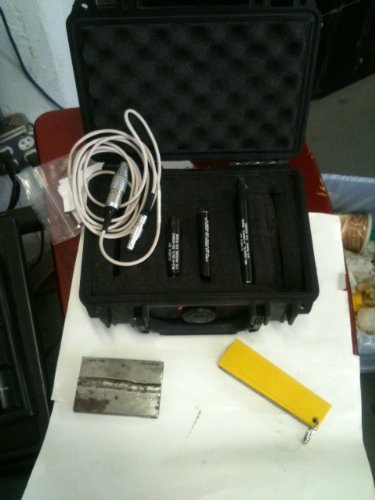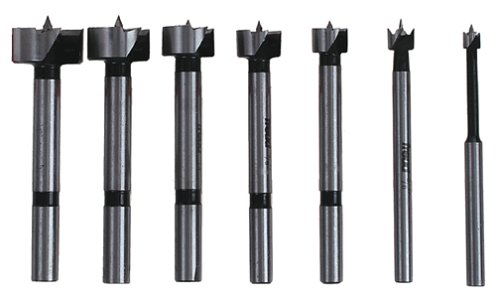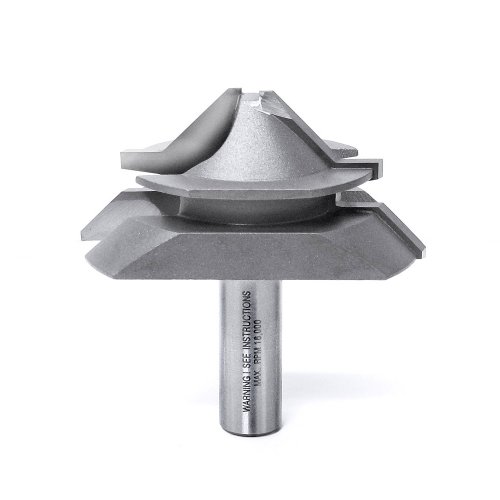Monday, October 14, 2013
Muslim pilgrims urged to heal divisions at hajj zenith
Some 1.5 million Muslim pilgrims thronged Mount Arafat in Saudi Arabia Monday for the high point of the annual hajj, praying for an end to disputes and bloodshed.
Helicopters hovered overhead and thousands of troops stood guard to organise roads flooded with men, women and children.
Chanting "Labaik Allahum Labaik" (I am responding to your call, God), many of them camped in small colourful tents and took shelter under trees to escape temperatures of around 40 degrees Celsius (104 Fahrenheit). Special sprinklers were set up to help cool the pilgrims.
In his annual sermon, top Saudi cleric Sheikh Abdulaziz al-Sheikh urged Muslims to avoid divisions, chaos and sectarianism, without explicitly speaking of the turmoil unleashed by the Arab Spring.
"Your nation is a trust with you. You must safeguard its security, stability and resources," the cleric, who heads Saudi Arabia's highest religious body, said in an address to the Muslim world.
"You should know that you are targeted by your enemy... who wants to spread chaos among you ... It's time to confront this."
He did not speak specifically of Syria, where Sunni-led rebels backed by Saudi Arabia are at war with a regime led by Alawites -- an offshoot of Shiite Islam -- and closely allied with Shiite Iran and Hezbollah.
But the cleric recalled the Islamic prohibition of killing and aggression, while insisting there is "no salvation or happiness for the Muslim nation without adhering to the teachings of the religion."
Attendance is sharply down from last year, due to fears linked to the MERS virus and to multi-billion-dollar expansion work at the Grand Mosque to almost double its capacity to around 2.2 million worshippers.
Governor of Mecca province and head of the central hajj committee Prince Khaled al-Faisal said 1.38 million pilgrims had arrived from outside of the kingdom while ony 117,000 hajj permits were issued for domestic pilgrims.
This puts the total number of pilgrims this year at almost 1.5 million, less than half of last year's 3.2 million, after Riyadh slashed hajj quotas.
Prince Khaled told the official SPA news agency late Sunday that authorities had turned back 70,000 nationals and expatriates for not carrying legal permits and had arrested 38,000 others for performing the hajj without a permit.
Authorities have also seized as many as 138,000 vehicles for violating the hajj rules, and owners will be penalised, the prince said.
Saudi health authorities have stressed that no cases of the Middle East Respiratory Syndrome (MERS) virus have been detected so far this pilgrimage. The disease has killed 60 people worldwide, 51 of them in Saudi Arabia.
The pilgrims arrived at Arafat from nearby Mina where most of them spent the night following the traditions of the Prophet Mohammed, who performed the rituals 14 centuries ago.
They had moved to Mina on Sunday from the holy city of Mecca, home to the Grand Mosque, Islam's holiest place of worship, which houses the cube-shaped Kaaba towards which all Muslims pray five times daily.
On reaching Arafat, they crowded onto the hill and the vast plain surrounding it to pray until sunset, when they are due to set off for Muzdalifah for a ritual on Monday symbolising the stoning of the devil.
"I will pray the whole day for God to improve the situation for Muslims worldwide and an end to disputes and bloodshed in Arab countries," 61-year-old Algerian pensioner Saeed Dherari said.
"I hope that God will grace all Muslims with security and stability," said 75-year-old Ahmad Khader, who hails from the southern Syrian province of Daraa.
"The regime is tyrannical and I pray for God to help the oppressed people," he said, referring to Syrian President Bashar al-Assad's embattled government.
Egyptian Ahmad Ali, who is performing hajj for the first time, prayed for peace after hundreds were killed in recent months in fighting between security forces and Islamist supporters of ousted president Mohamed Morsi.
"I pray for Egypt to enjoy security and stability and for the people to reach understanding and reconciliation," Ali told AFP.
The hajj, which officially ends on Friday, is one of the five pillars of Islam that every capable Muslim must perform at least once.
Sunday, October 13, 2013
Subscribe to:
Comments (Atom)



